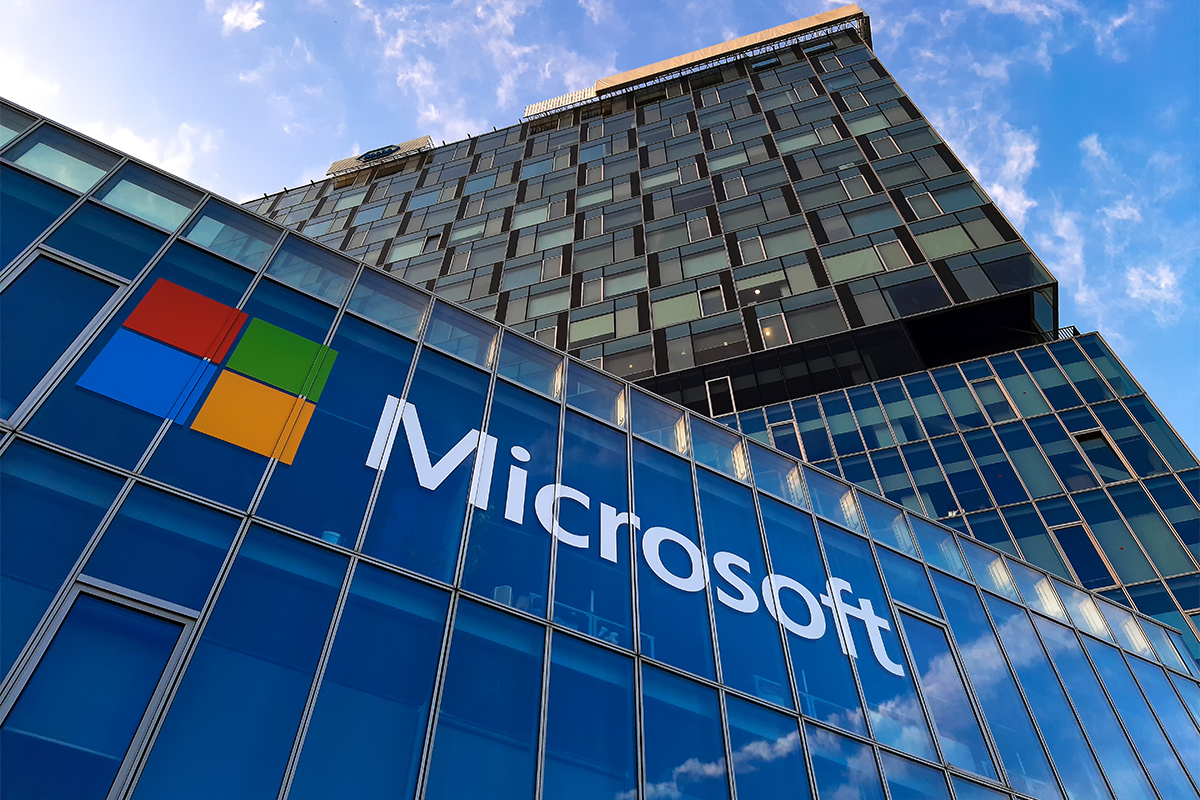As sustainability becomes one of the top priorities for companies, Microsoft helped provide 3,09,921 people in India with water access last year, the company has said.
The tech giant supported The Nature Conservancy (TNC) in improving water quality, storage capacity and groundwater recharge of Lake Sembakkam in Chennai.
Advertisement
This system is expected to treat 6,000-7,000 cubic meter of wastewater daily and improve water quality, storage capacity, and groundwater recharge. It will benefit approximately 10,000 people.
“Along with an ‘AI for Humanitarian Action’ grant, Microsoft partnered with the Sustainable Environment and Ecological Development Society (SEEDS) to build an AI model that can forecast the impact of cyclones on the most vulnerable populations in India,” the company informed.
The year 2022 marked the sixth warmest year in history. Extreme weather caused devastating droughts, wildfires, famine, floods, and heat waves with alarming frequency.
“We felt the effects of climate change like never before, and as the planet warms, we’ll continue to see and feel the negative impacts on ecosystems and communities around the world,” said Brad Smith, Vice Chair and President, Microsoft.
The company contracted for replenishment projects that are estimated to provide more than 15.6 million cubic meters in volumetric water benefits, increasing our running total of replenishment projects to 35 million cubic meters.
In 2022, the company launched Microsoft Cloud for Sustainability, a comprehensive suite of enterprise-grade sustainability management tools.
The company said it increased reuse and recycle rates of all cloud hardware to 82 per cent and continue to pace toward the 2030 reuse and recycle goal of 90 per cent.
“We also reduced single-use plastics across all Microsoft packaging to 3.3 per cent and are on track to eliminate their use by 2025. In total, we have diverted 12,159 metric tonnes of solid waste from landfills,” said Melanie Nakagawa, Chief Sustainability Officer at Microsoft.











